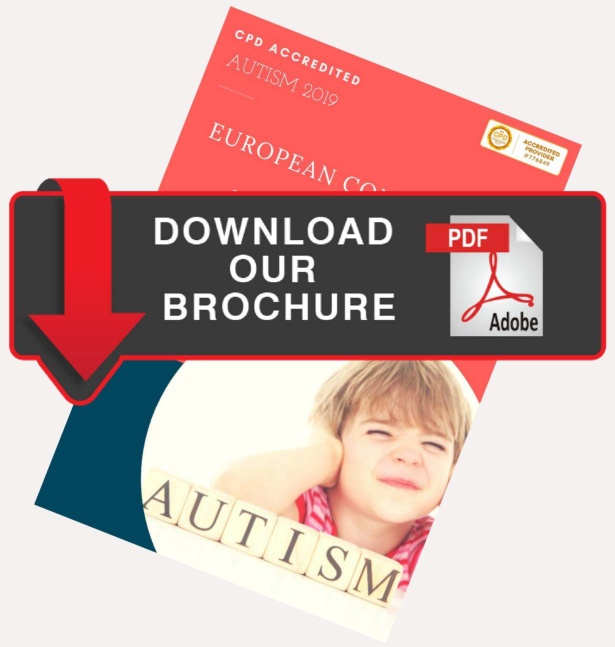
Olumuyiwa Adekunle Kehinde
University of Zululand, South Africa
Title: Debunking the Myths: The Neuroncognitive and Psycholinguistic Bases of Bi/ Multilingual Autistic Children in Africa
Biography
Biography: Olumuyiwa Adekunle Kehinde
Abstract
The mythical worldviews of many people in Africa about Autism Spectrum Disorder (ASD) have been employed for several decades to explain the bases of ASD with little or no knowledge about the neuroncognitive and psycholinguistic underlying factors that are largely responsible for linguistic, communicative and behavioural dysfunctions noticeable in children with ASD. However, from neurobiological, cognitive and psycholinguistic points of views, scientific evidences have shown some multilayer and interrelated issues composed of how bi/ multilingualism is produced, acquired, and developed; how brains enable human languages possible, the significance of brain in human language processing as well as neural computation during bi/ multilingual tasks such as speaking, reading and writing among typically developing and autistic children. The study employs content analysis and experimental methods to discuss the primal focus of this investigation as both could adequately describe and exemplify how Nuerolinguistics and Psycholinguistics offer evidence on underlying linguistic phenomena of autism. While the content analysis foregrounds and aids understanding the notable African worldviews on autism; the experimental method offers clinical and therapeutic evaluation and interventions for bi/multilingual autistic children in the continent. The study will sample 20 bi/ multilingual autistic and non-autistic children in selected South African specialized schools. The findings will further contribute to the debates, and create plausible awareness on ASD by providing scientific descriptions to counter diverse myths and other contrary notions commonly associated with bi/ multilingual autistic children in Africa.

